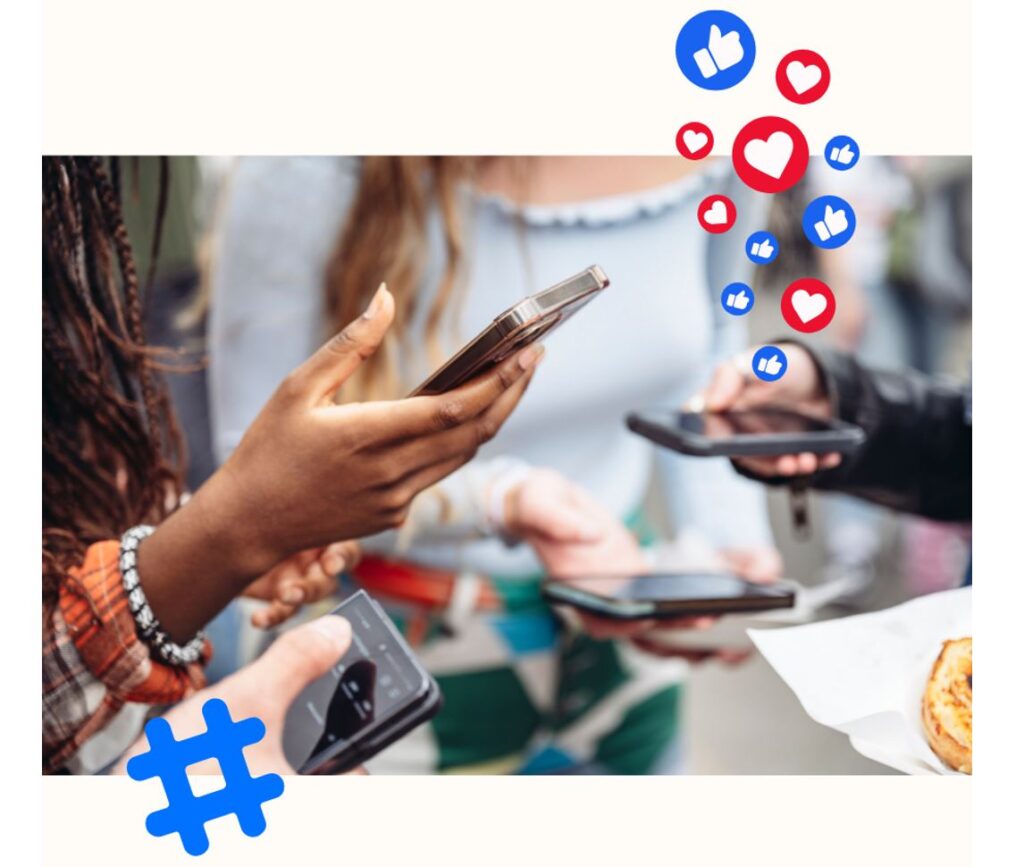In today’s digital age, social media has become an integral part of daily life for teenagers. Platforms like Instagram, TikTok, and Snapchat offer spaces for connection, creativity, and self-expression. However, beneath the glossy surface, these platforms can also foster anxiety, stress, and emotional struggles among young users. For parents, understanding the nuanced impact of social media on youth mental health is key to supporting their children effectively.
The Rise of Digital Comparison
One of the most profound effects of social media is the constant exposure to curated versions of others’ lives. Adolescents often compare themselves to influencers and peers, leading to feelings of inadequacy. Research shows that repeated exposure to idealized images and lifestyles can exacerbate issues like low self-esteem and body dissatisfaction. For teens already prone to anxiety, this digital comparison can intensify their struggles.
The Pressure to Perform
Social media often places a subtle yet persistent pressure on teens to craft a perfect online persona. Whether it’s the number of likes on a post or the pressure to follow trends, this need for validation can create significant stress. The fear of missing out (FOMO) further compounds anxiety, as teens may feel compelled to stay constantly connected, sacrificing sleep and face-to-face interactions.
Cyberbullying and Emotional Toll
Unfortunately, social media also provides a platform for cyberbullying, which can have devastating effects on a teenager’s mental health. Negative comments, exclusion from digital groups, and public shaming incidents can lead to feelings of isolation, depression, and heightened anxiety. Unlike traditional bullying, cyberbullying often follows teens home, leaving no refuge from its impact.
Recognizing the Signs
Parents play a pivotal role in identifying when social media is negatively affecting their child. Signs of social media-induced anxiety may include:
- Increased irritability or mood swings.
- Withdrawal from family or friends.
- Obsessive checking of social media accounts.
- Difficulty concentrating or sleeping.
- Frequent expressions of self-doubt or inadequacy.
Encouraging Healthy Habits
To mitigate the impact of social media on youth anxiety, parents can take proactive steps:
- Open Communication: Create a safe space for teens to discuss their experiences online without fear of judgment.
- Set Boundaries: Encourage balanced screen time by establishing tech-free zones or hours.
- Model Healthy Behavior: Demonstrate mindful social media use and prioritize real-world connections.
- Promote Digital Literacy: Teach teens to critically evaluate online content and understand the realities behind curated posts.
Seeking Support
For many families, navigating the complexities of social media and mental health can feel overwhelming. Professional support from licensed counselors can provide valuable guidance. Online platforms, such as Virtual-Counseling.com, offer accessible and flexible options for families seeking expert advice. With tailored strategies and empathetic care, therapy can help teens build resilience and equip parents with tools to foster a healthy relationship with technology.
Social media is here to stay, and when managed wisely, it can be a positive force in a teen’s life. By staying informed and fostering open communication, parents can help their children navigate the digital landscape with confidence and emotional balance.
